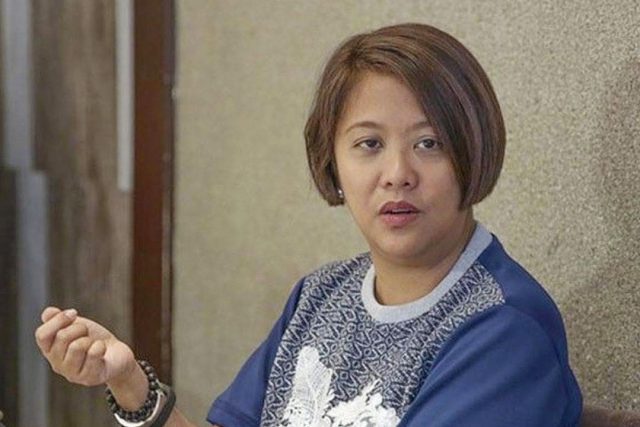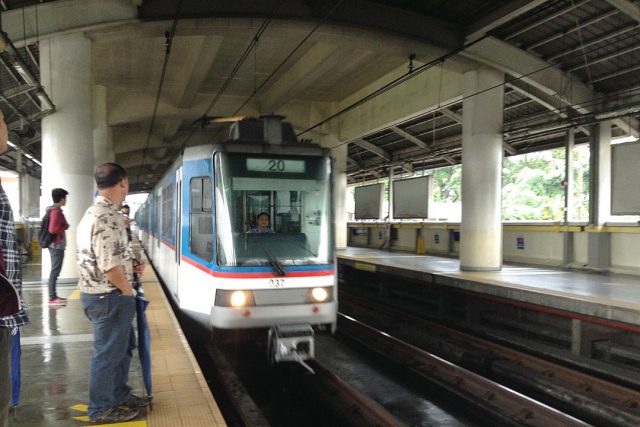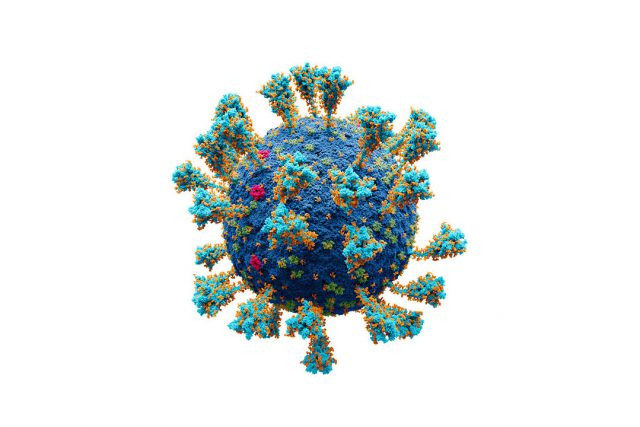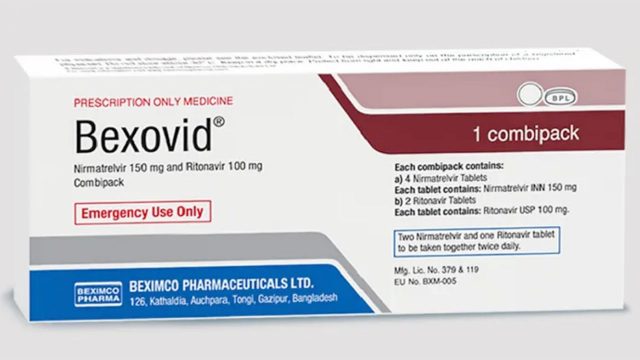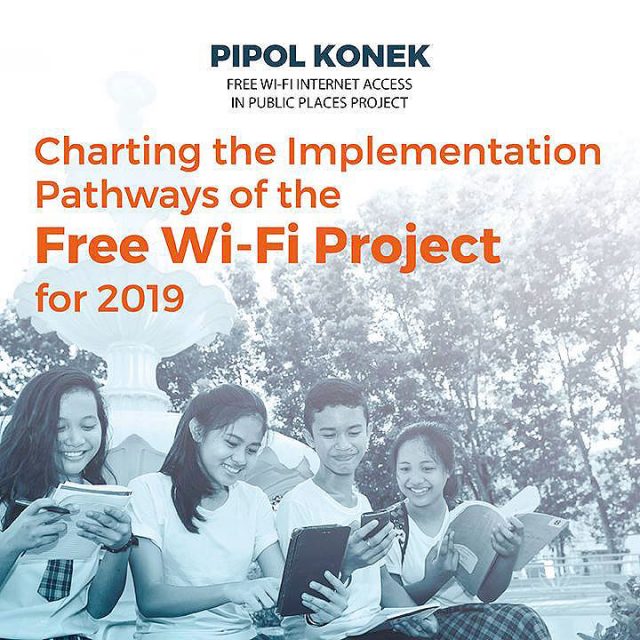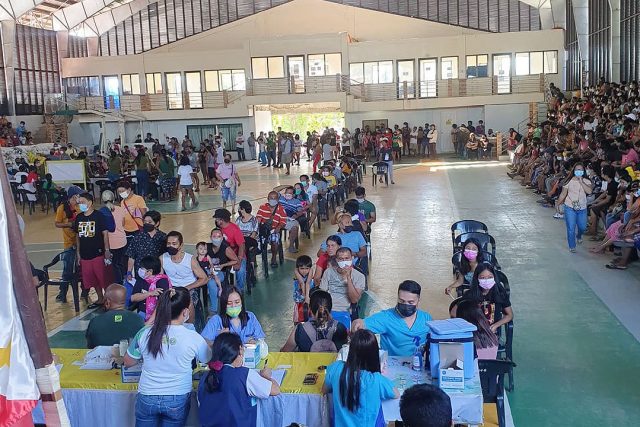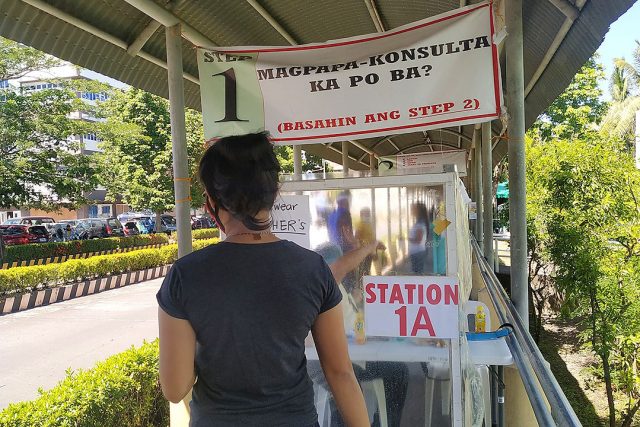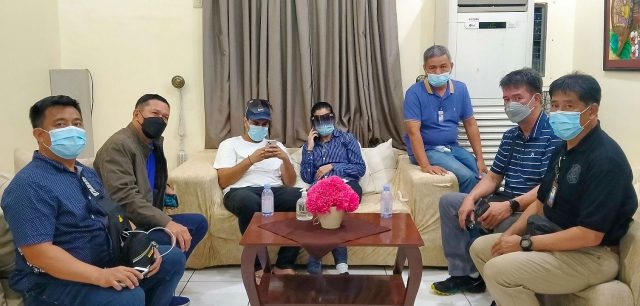THE HIGHLY mutated Omicron variant has now dominated Philippine coronavirus infections, its health chief said, as the country breached 3 million cases on Tuesday.
The Philippines was now at critical risk for COVID-19 transmission spurred by the highly mutated Omicron variant, which has replaced Delta as the dominant strain, Health Secretary Francisco T. Duque III said at a taped Cabinet meeting with President Rodrigo R. Duterte aired on Monday night.
“Based on the latest run of our whole genome sequencing, 60% were positive for the Omicron variant,” he said in Filipino. “That is the dominant variant now, whereas before it was Delta.”
The Southeast Asian nation posted 28,007 coronavirus infections on Tuesday, the third-highest daily tally since the pandemic started, according to data from the Department of Health (DoH). This brought the total to more than three million.
The death toll hit 52,511 after 219 more patients died, while recoveries increased by 4,471 to 2.79 million, it said in a bulletin.
More than 44% of 58,409 samples tested on Jan. 9 tested positive for the virus, the agency said. This is way above the 5% threshold set by the World Health Organization.
DoH raised the risk classification after the country’s average daily tally for the past week increased almost eight times, Mr. Duque said. He added that 60% of the sample sequences they have conducted were positive for Omicron.
But Health Undersecretary Maria Rosario S. Vergeire told an online news briefing on Tuesday the Delta variant was still circulating.
“The epidemic curve is indicative of Omicron,” she said. “But our genome sequencing still shows the Delta variant is circulating.”
Epidemiologist John Wong, who is a member of DoH’s technical advisory group, told the same briefing there was not enough sequencing in the country to confirm if the current surge was driven by Omicron.
“We are not calling Omicron mild. It’s milder than Delta,” said Edsel Maurice T. Salvana, an infectious disease physician and also a member of the group.
He said the Delta variant is three times “more likely to land you in the hospital compared with Omicron.” “But Omicron can still land you in the hospital.”
Mr. Duque said coronavirus infections for the past two weeks had grown almost 38 times, while the average daily attack rate had increased to 10.47. He added that Metro Manila, Calabarzon and Central Luzon were also at critical risk from the virus.
The country is struggling to contain a fresh surge in infections spurred by the highly contagious Omicron variant, which experts said could exhaust the country’s health system.
DoH said there were 181,016 active cases, 5,521 of which did not show symptoms, 170,873 were mild, 2,863 were moderate, 1,464 were severe and 295 were critical.
The agency said 99% of the cases occurred from Dec. 29 to Jan. 11. The top regions with new cases in the past two weeks were Metro Manila with 15,256, Calabarzon with 5,861 and Central Luzon with 3,064 infections.
It said 8% of the deaths occurred this month, 1% in December, 2% in November and 12% in October.
DoH said 64 duplicates had been removed from the tally, 52 of which were recoveries and one was a death, while 184 recoveries were relisted as deaths. Twelve laboratories failed to submit data on Jan. 9.
The Health department has shortened to five days the quarantine period for COVID-19-stricken health workers who are fully vaccinated and don’t show symptoms.
Health advocates have criticized the new quarantine rule, saying it might only put more staff and patients at risk.
A total of 6,595 or 7.2% of about 92,000 healthcare workers in Metro Manila were under quarantine, Health Undersecretary Leopoldo J. Vega told a separate news briefing at the presidential palace.
“We are seeing that some hospitals are closing down services like elective surgeries and diagnostics to cover health workers who are in isolation and under quarantine,” he said in Filipino. Some hospitals had been forced to stop other services to focus on COVID-19 needs, he added.
The country seeks to vaccinate more people amid the new infection wave.
Vaccine czar Carlito G. Galvez, Jr. said the government aims to vaccinate as many as 90 million people by the end of the second quarter. The government missed its goal last year of fully vaccinating at least 54 million people.
“Our objective is to vaccinate 90 million Filipinos,” he said at the taped Cabinet meeting. “Out of this number, we still have to give 28 to 30 million people their first vaccine dose.”
Mr. Duque noted that despite the infection spike, severe and critical cases were lower than what was observed during the surge triggered by the Delta variant in September.
At the meeting, Mr. Duterte said the state has a duty to restrain unvaccinated citizens from going out.
“We have every right to restrain them,” he said. “We cannot wait for a law,” he added, noting the Congress was on recess and passing a bill would take time. Mr. Duterte urged the public anew to get vaccinated. — Norman P. Aquino and KATA

